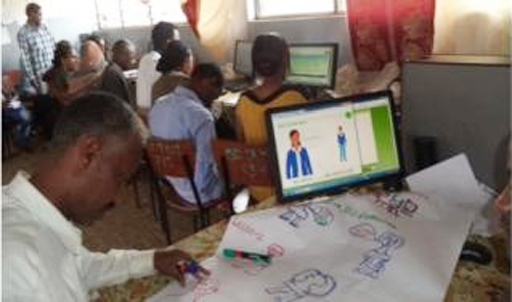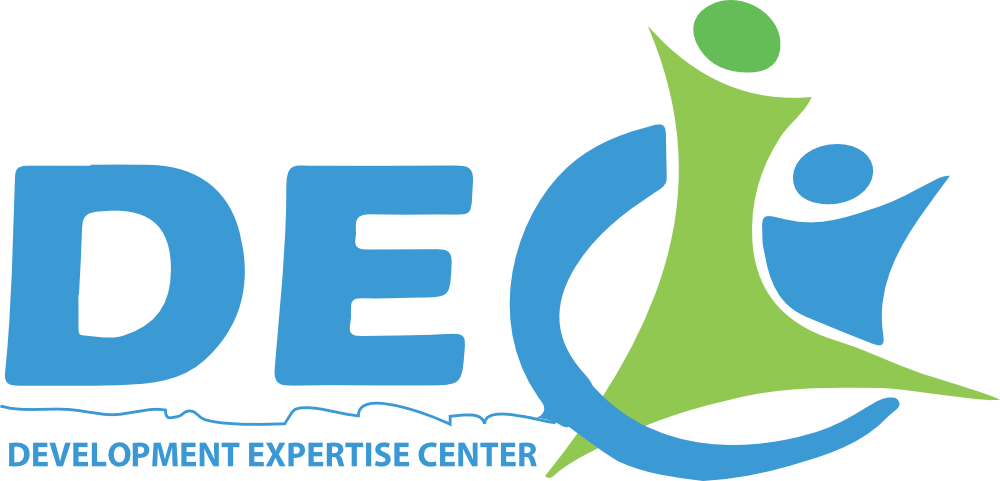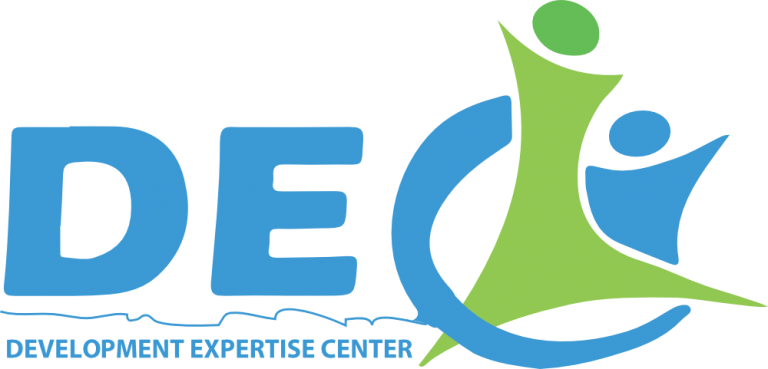|
Major Pillars of education program: Teachers’ capacity development in child centred active learning methods: The program has a well-designed teachers’ training manual that consists 9 active learning methods. The material is published both in hard and softcopy and ready for easy and friendly teachers’ training. In collaboration with the tutors from College of Teachers’ Education, the program has been conducting baseline school observation and classroom task filming. Based on the gaps identified, video based practical active learning is given for key teachers. To reach all the school teachers, the active learning training is also conducted at school level in the form of peer learning. Monitoring of the implementation of active leaning is conducted twice a year with the use of the checklist and format developed for this purpose. Following the supervision, progresses are recorded and documented. Create child friendly school environment: In order to create conducive learning environment for children, the program has been constructing and renovating school facilities like libraries, classrooms, toilets and playgrounds. Supports of educational materials and hand tools also given for schools. Furthermore, children are empowered to participate in the improvement of their school environment through Student-Led School Sanitation and Hygiene and this has transformed the school situations and students’ personal hygiene.
Integrate ICT in Education and pedagogic system The program has been providing computers and printers for schools. With the basic skill they get from the trainings, teachers properly prepare their lesson using the computers, able to use computers to store students’ results and explore information. Students also use the computers to supplement their study with the use of loaded educational materials like Wikipedia and other interactive games. Transform the Education Management Team With the recognition of the importance of strong management for the school improvement program, the program has been capacitating the school management team with the effective school development skills, teachers support and proper school data management. For the school data management, the program has developed Educational management System (EMIS) and enabled the school leaders to use for proper handling of school data. Engage community in the school development program Through community sensitization and community dialogues, education program has been mobilizing community participation for the school development both in cash and in kind. Furthermore, the community has been contributing golden ideas indispensible for the school development. Cultivate students’ multiple intelligences Besides the curriculum based classroom lessons, various opportunities are given for students to exercise their natural talents through sport activities, drawings, music and others. Trained teachers support the students’ to exercise their talents and facilitate the computation processes. Empowering Young Girls for competency In order to enable girls equally compute in education, the program has been providing various supports. Training has been given for teachers to work towards gender sensitive pedagogy. In addition, Girls Club Manuals are developed to enable girls discuss on empowering issues in their peers. Girls are given opportunities through Girls’ Ambassadors, Girls’ Leadership Center and other inclusive approaches. Furthermore, various supports are given for academically talented secondary school girls with economic challenges. This enabled girls’ regular attendance and successful completion at secondary schools. Linking and Learning The program has been making linkages among education focused organizations and institutions. DEC capacitates 10 ICCO education focused partner CSOs and 5 College of Teachers’ Educations (CTEs) in implementing quality education in their target areas. These partners exchange skills and create synergy through the linking and learning. CTEs are linked to the primary schools in their catchment areas for teachers training and on job support. |


